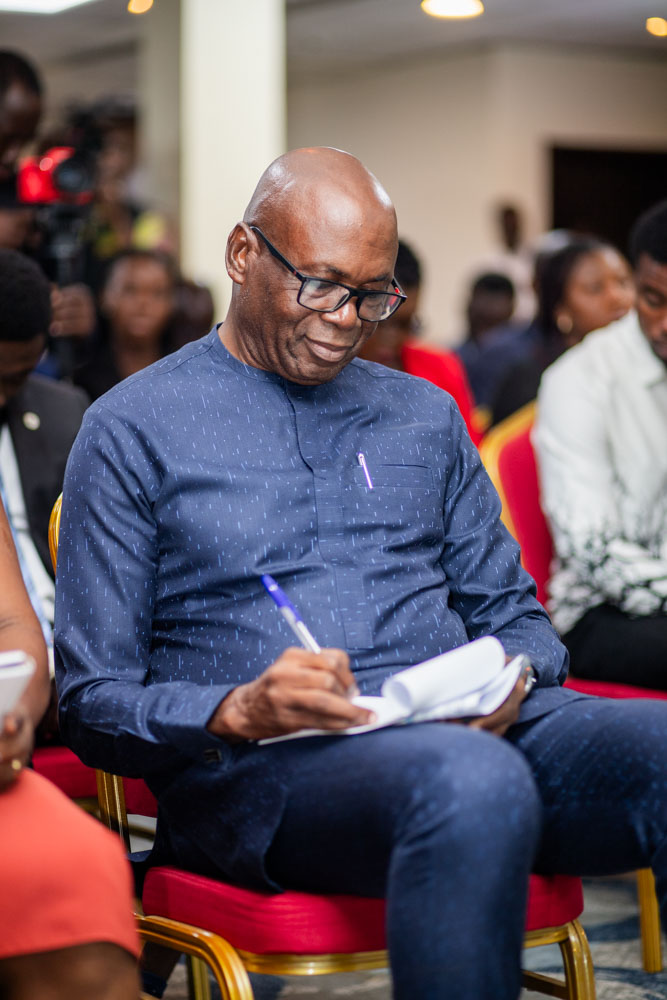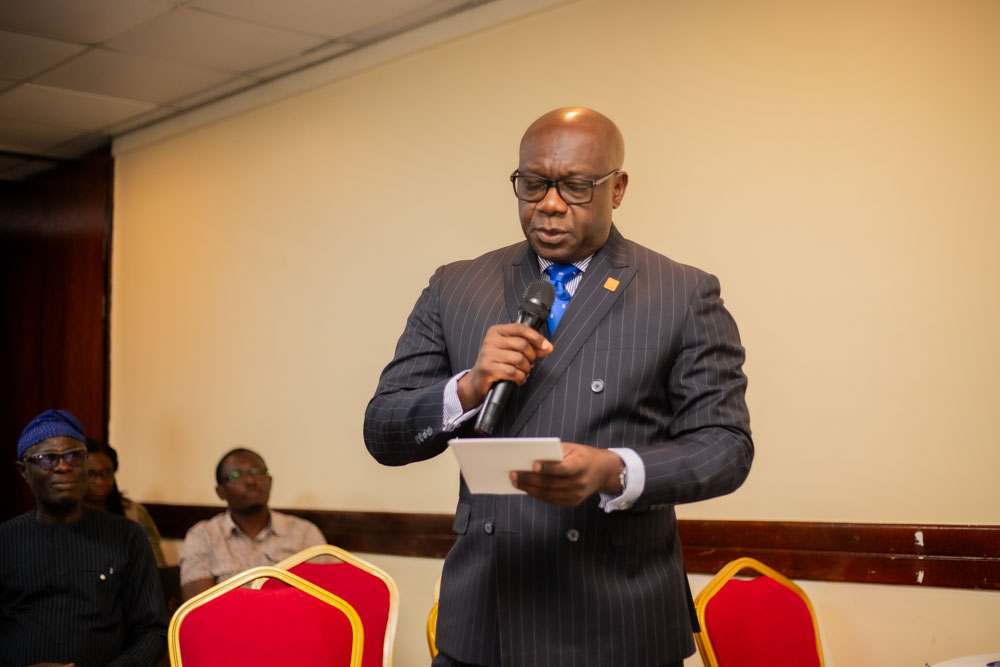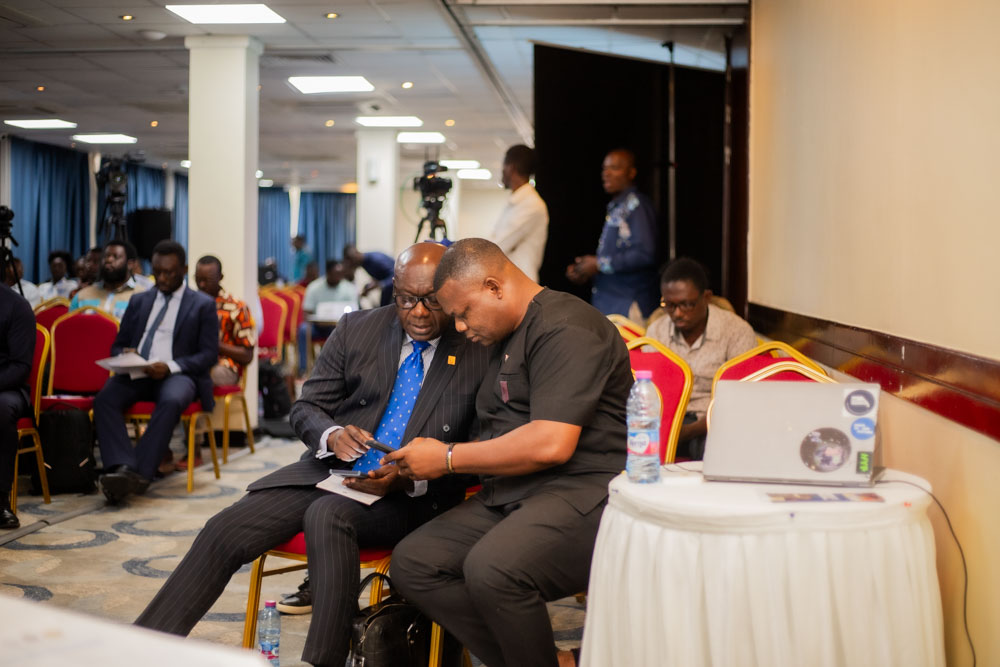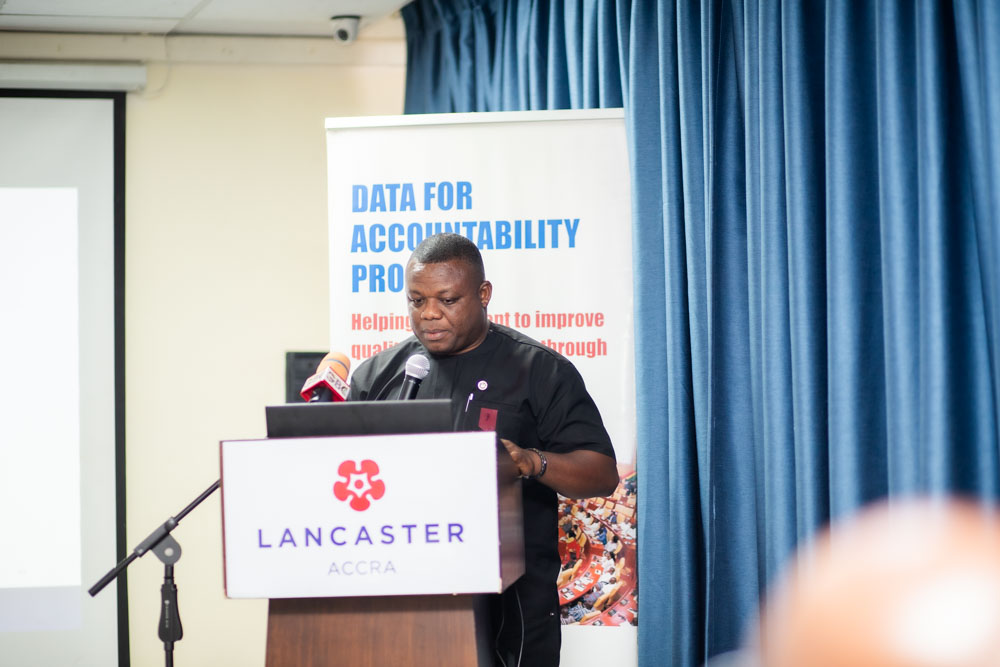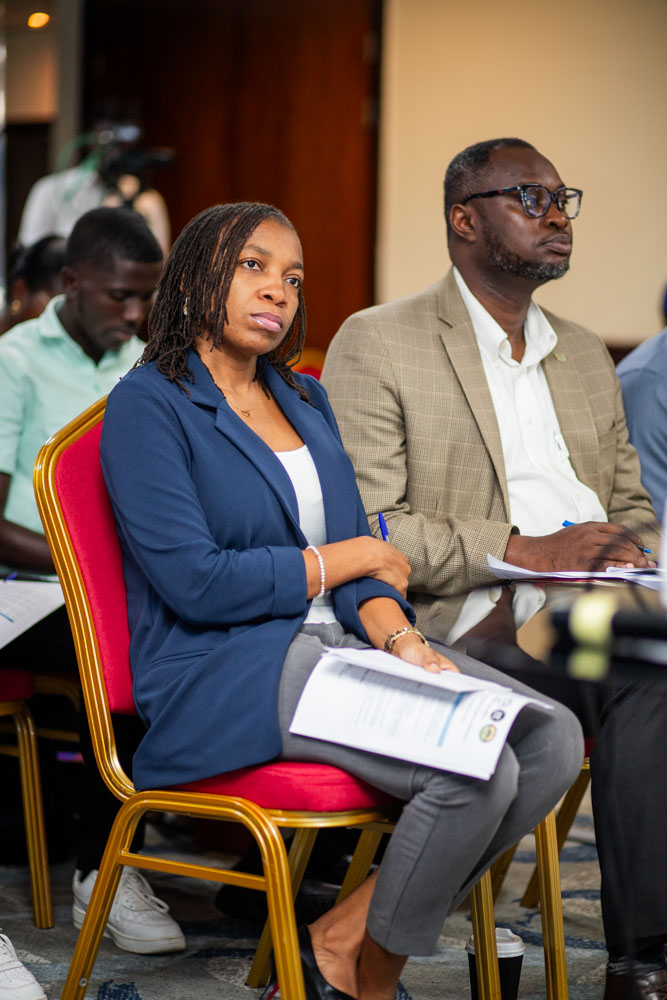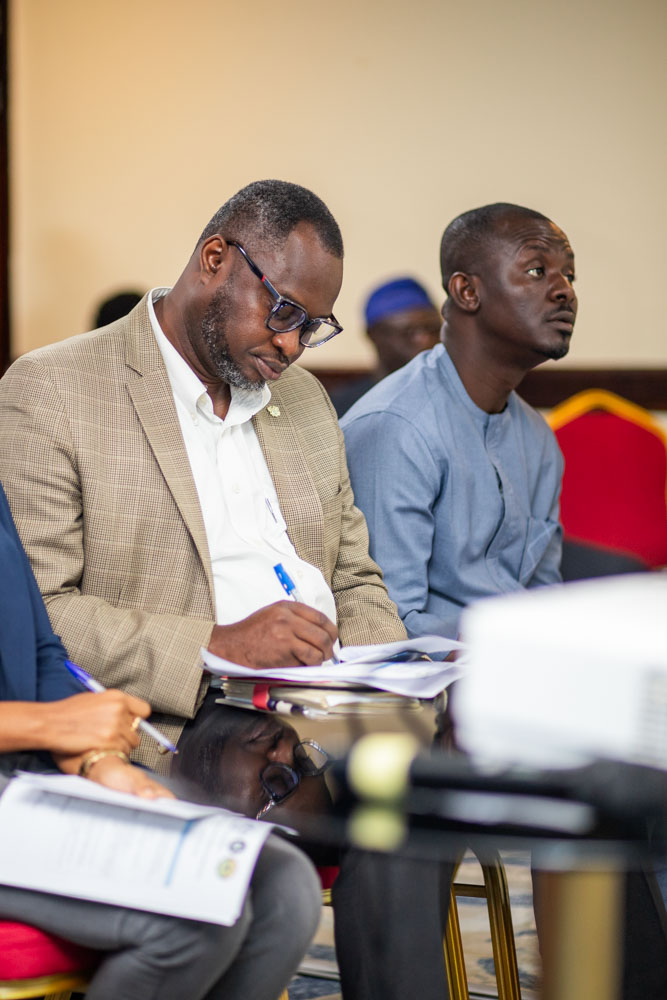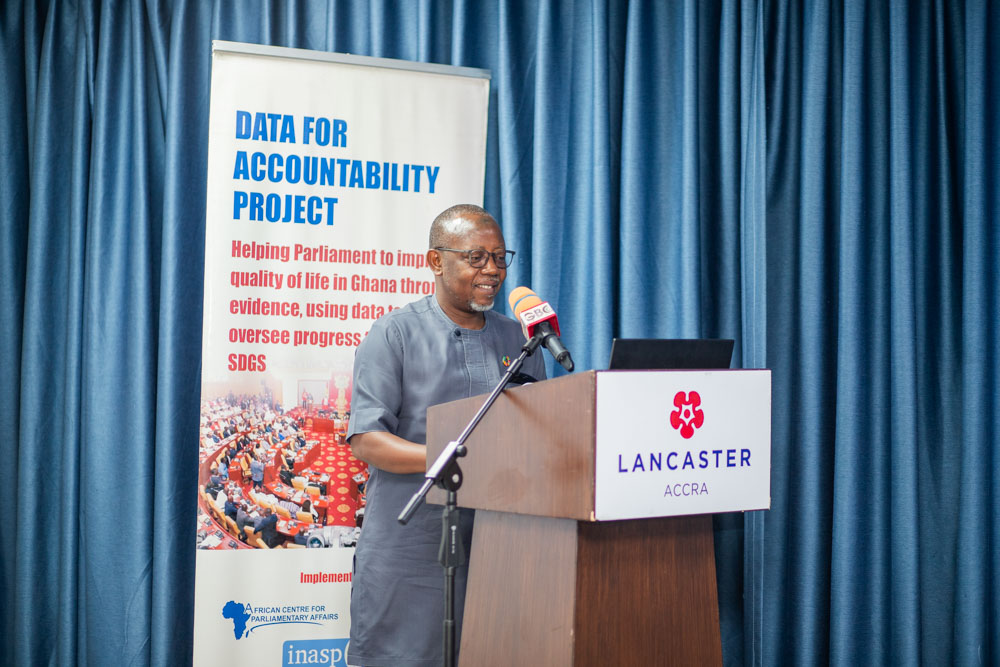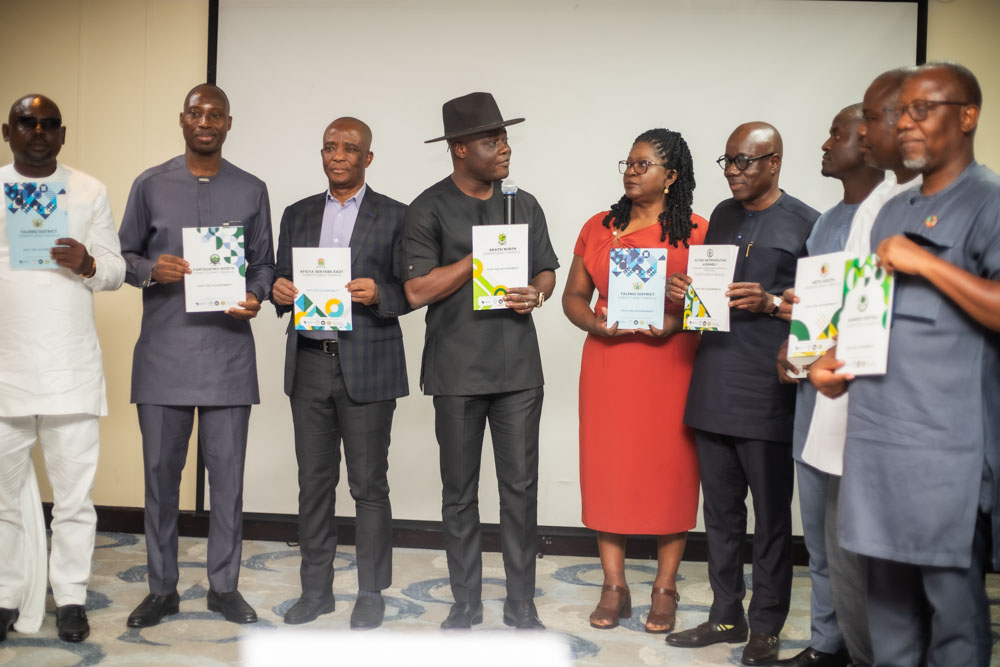The African Centre for Parliamentary Affairs (ACEPA), in partnership with the Ghana Statistical Service (GSS) and On Think Tanks, has launched eight constituency profiles as part of efforts to enhance representation and accountability in Ghana’s democratic governance. The initiative, implemented under the Data for Accountability Project (DAP II) and funded by the William and Flora Hewlett Foundation, focuses on eight constituencies in Ghana, namely: the Accra Metropolitan Assembly (AMA), Tano South, Talensi, Afigya Sekyere East, Ketu South, Fanteakwa North, Amansie Central, and Akatsi North.
These constituency profiles present comprehensive demographic, social, and economic data, serving as an essential tool to support Members of Parliament (MPs) in their law-making, oversight, and representation functions. The aim is to enable MPs to advocate for more targeted and evidence-based development policies that respond directly to the needs of their constituents.
Speaking at the launch, Dr. Rasheed Draman, Executive Director of ACEPA, underscored the value of these profiles in deepening democratic representation.
“What we are celebrating today is the result of work done across several constituencies in our country. So that, first of all, Members of Parliament can be properly informed and represent their people effectively, because the role of an MP is, among others, representation – and that is what defines our democracy.”
Beyond Parliament, the profiles are expected to empower citizens with greater awareness of their communities, helping to foster more informed and engaged participation in governance, particularly at the local level.
The launch brought together a wide range of stakeholders, including MPs, parliamentary staff, representatives from Ministries, Departments and Agencies, civil society organizations (CSOs), media and development partners.
Dr. Alhassan Iddrisu, the Government Statistician, provided an overview of key findings from the constituency reports, highlighting critical issues for local development planning. He noted, for instance, that in Afigya Sekyere, nearly 24% of the population is not covered by the National Health Insurance Scheme. In Fanteakwa North, literacy rates reveal a gender gap, with 55.1% of females unable to read and write, compared to 44.9% of males.
He emphasized the practical importance of this data for local and national planning:
“The insights documented in the constituency profile reports are not only important for Parliament’s representation and advocacy work, but also crucial for metropolitan, municipal, and district assemblies to better align their development plans and budgets with the real needs of constituents.”
The development of these profiles marks a significant step toward fostering a more inclusive, responsive, and accountable governance system in Ghana, where both legislators and citizens are better informed and equipped to shape their development trajectory.
Feeding into the Broader Goal of Data-Driven Governance and Attainment of the Sustainable Development Goals
The launch of the constituency profiles represents a tangible output of the Data for Accountability Project (DAP II), which aims to promote the use of statistical data for decision-making in Parliament, particularly in monitoring progress of the Sustainable Development Goals (SDGs). The project has worked to bridge the gap between data producers, such as the GSS, and data users – Parliament; and foster a culture of evidence-use, transparency, and inclusive governance.
This initiative not only strengthens MPs’ capacity to represent their constituents effectively but also supports the broader vision of building a governance ecosystem where evidence drives policy and citizens play an active role in shaping development outcomes that directly impact their lives. Through these profiles, DAP is underscoring the need to invest in quality data at the local level and the crucial role such relevant and timely data plays in development planning, that leaves no one behind.
